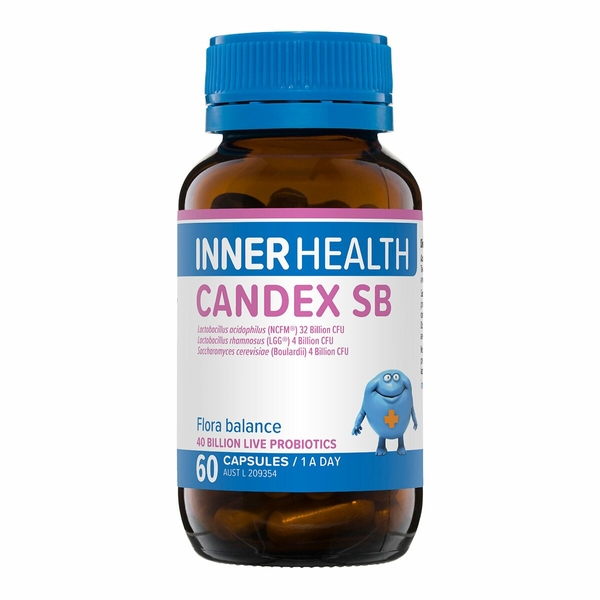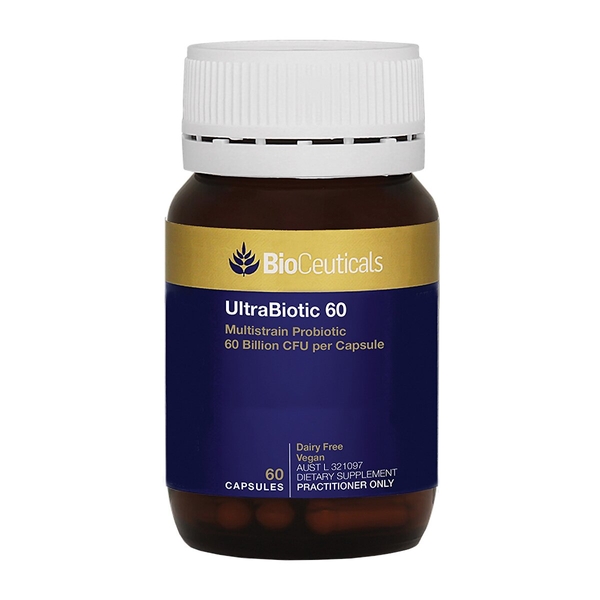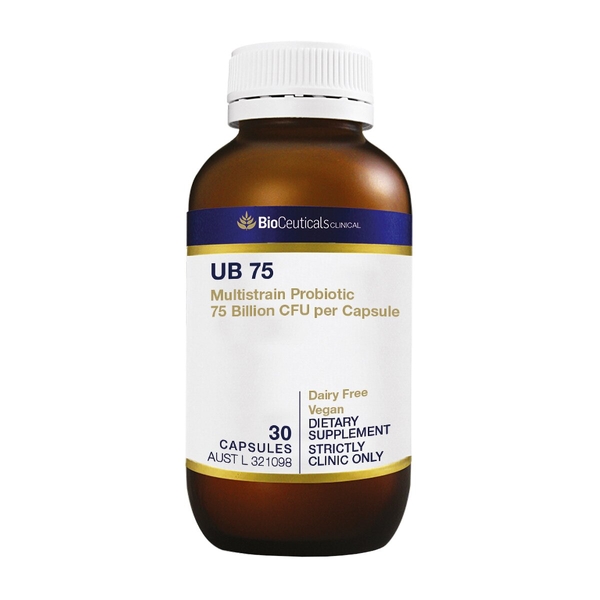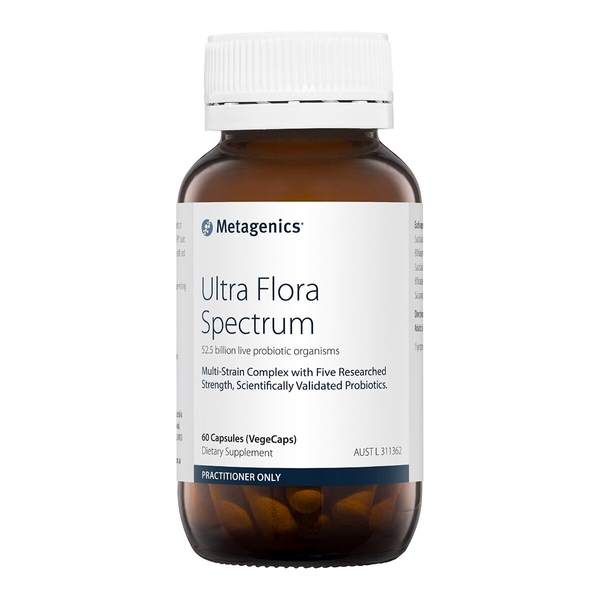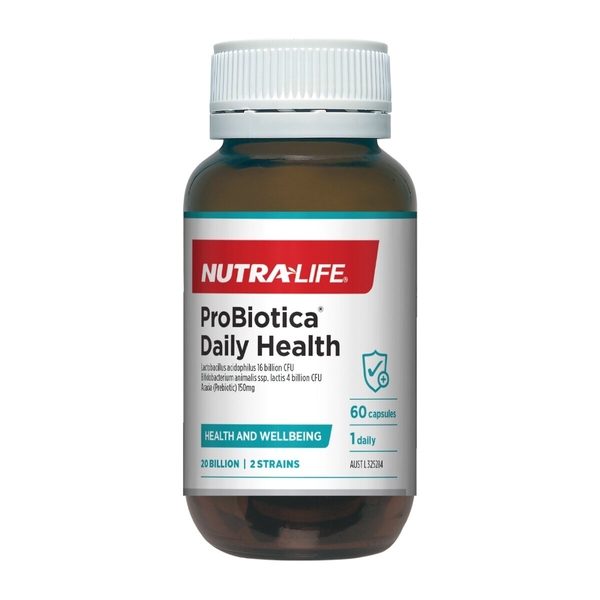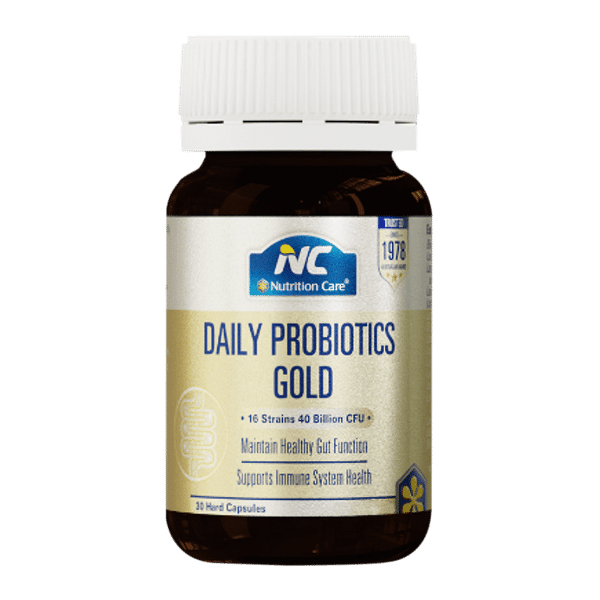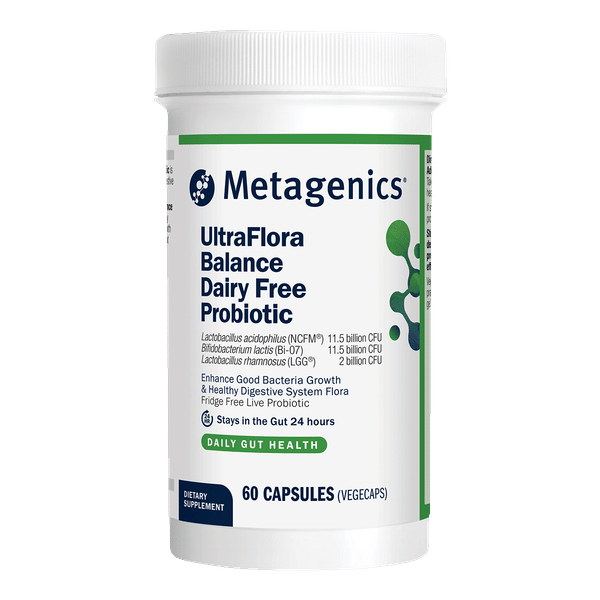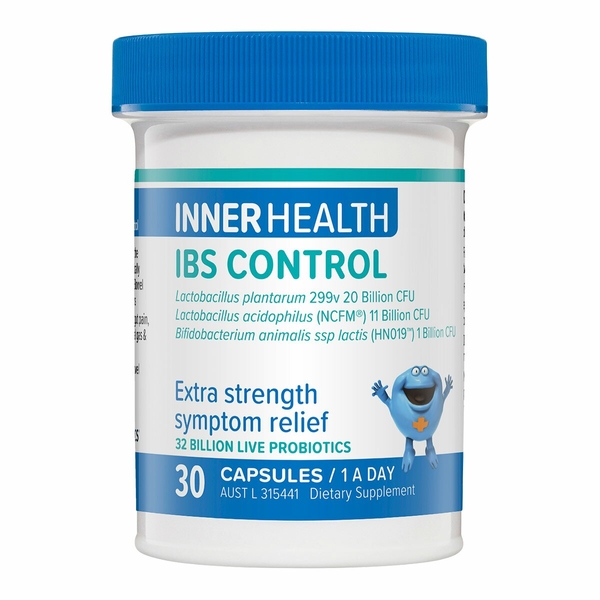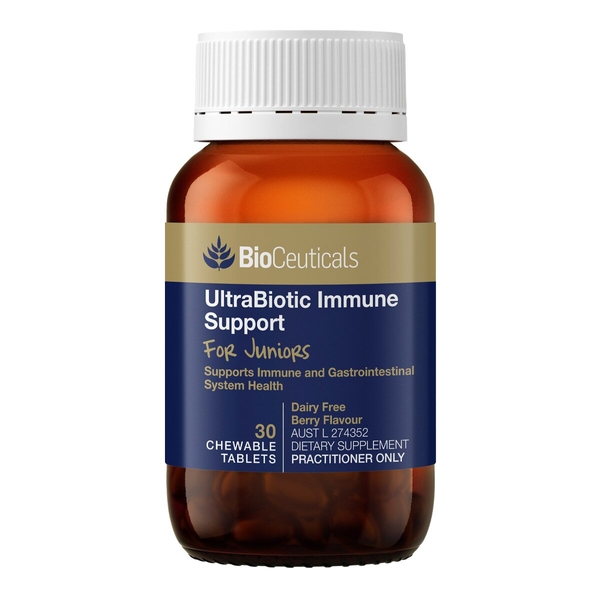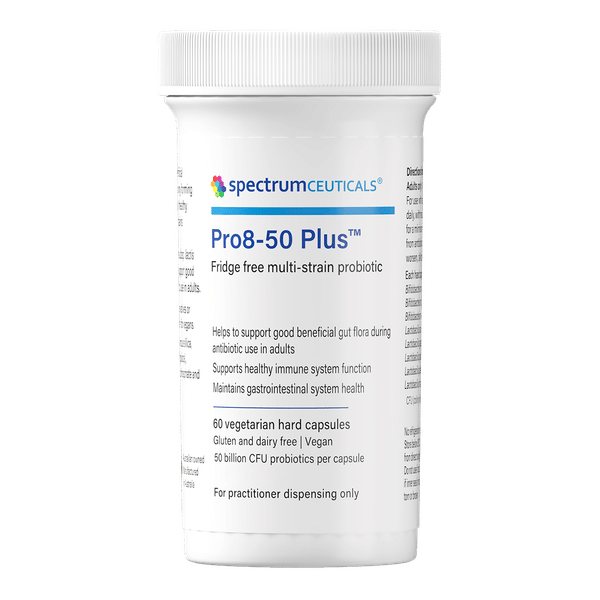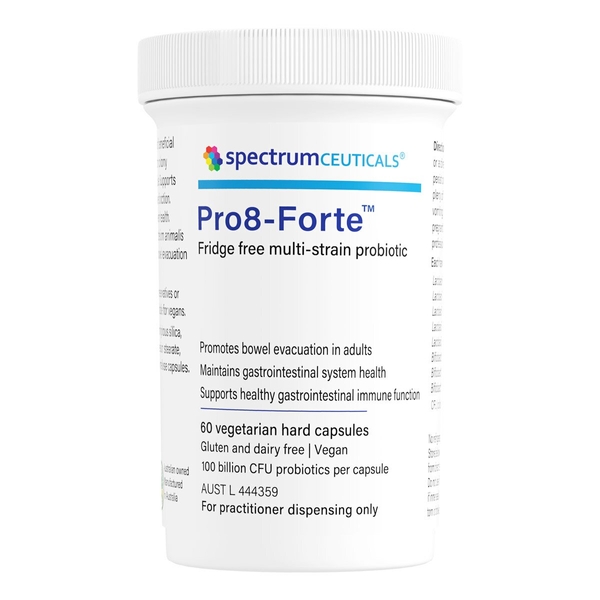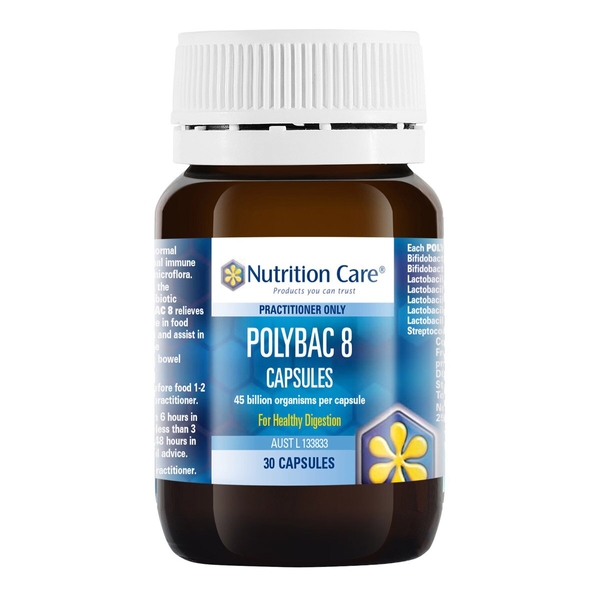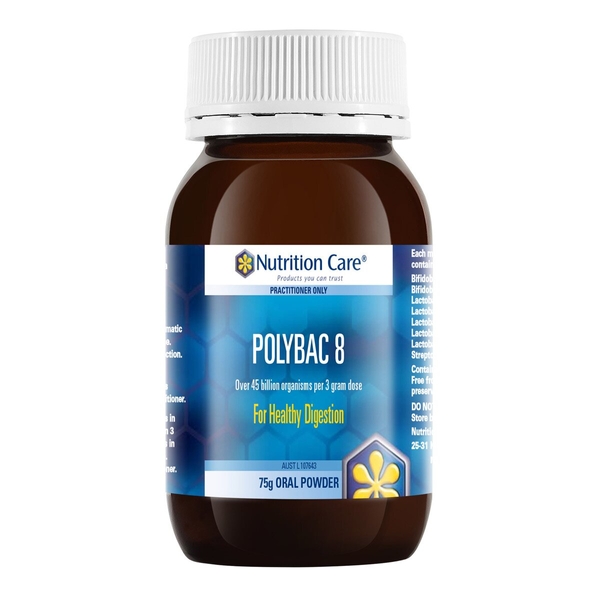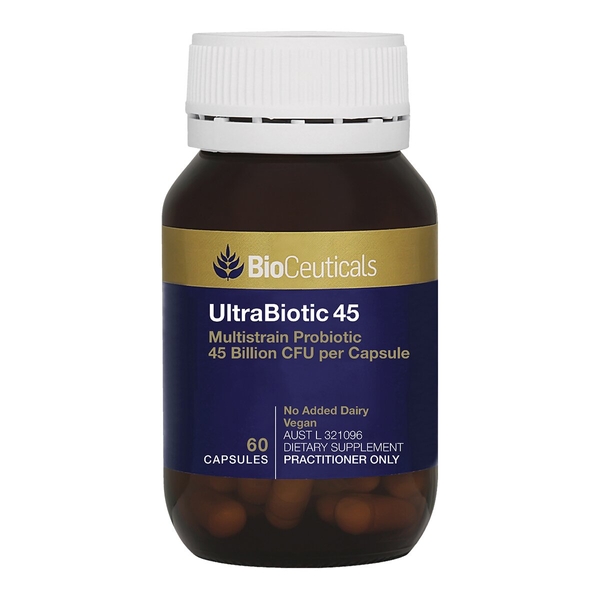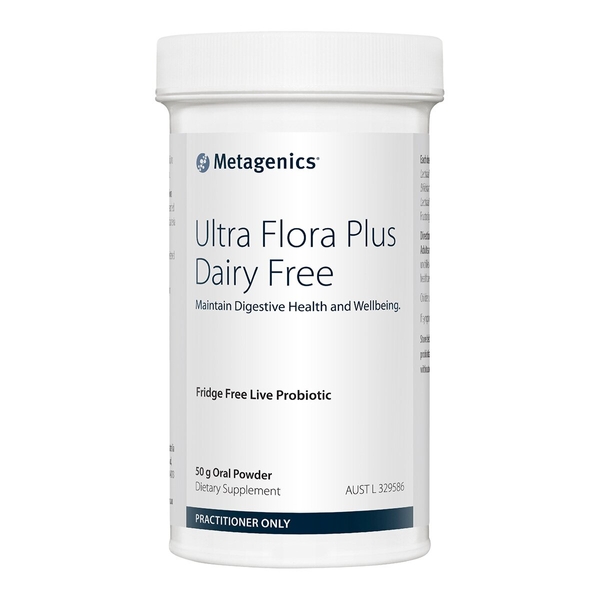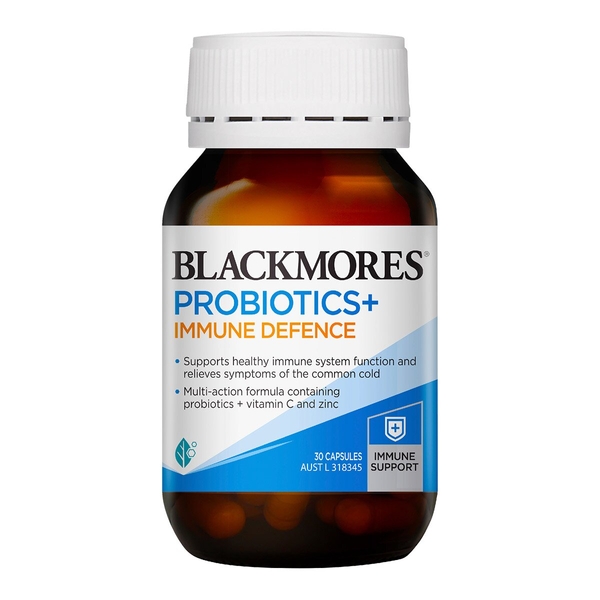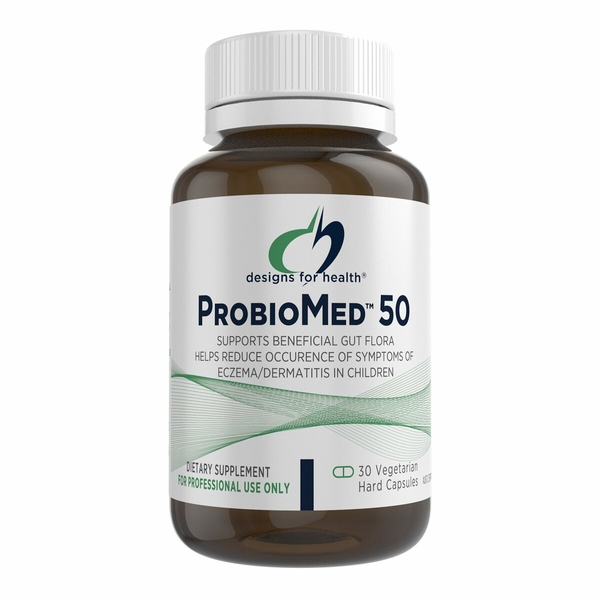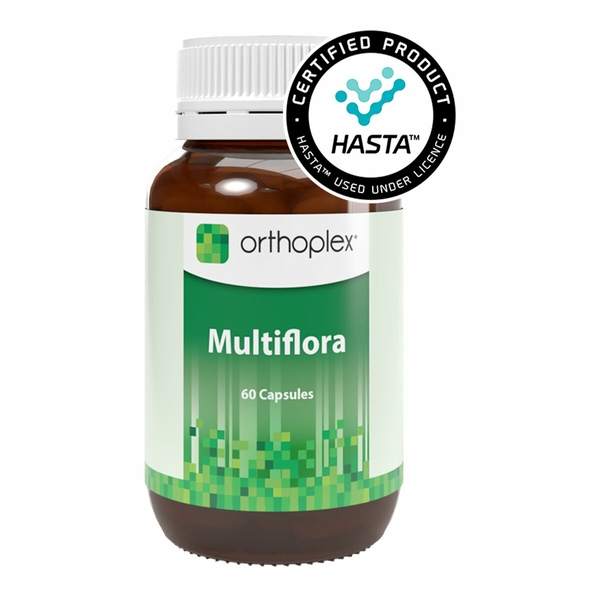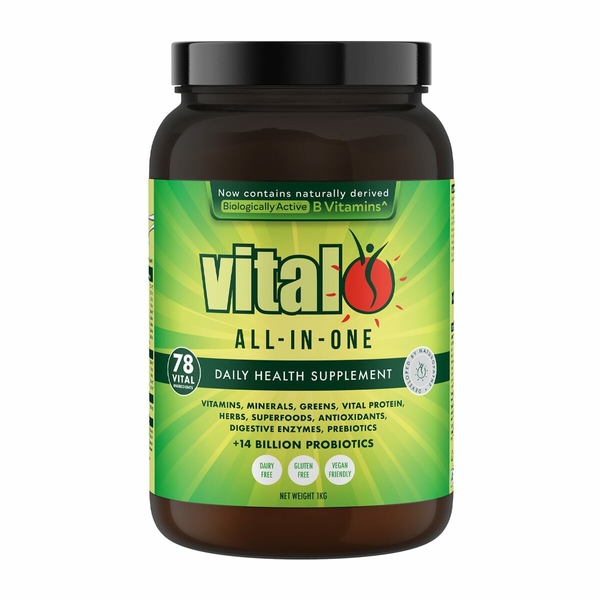
Lactobacillus acidophilus
Scientific names: Lactobacillus acidophilus
Family: Lactobacillaceae
Alternate names: Acidophilus, Acidophilus Lactobacillus, Probiotic, Probiotique
Actions: Anti-Arthritic, Antibacterial, Anticancer, Cardiovascular, Chemotherapy protective, Dental, Dermatologic, Gastrointestinal, Immunomodulating, Vaginal health
Background
Lactobacillus acidophilus (L. acidophilus) is a type of probiotic ("good" bacteria) found in the human gut, mouth, and vagina, and also in certain foods.
"Good" bacteria such as L. acidophilus can help break down food, absorb nutrients, and fight off "bad" organisms that might cause diseases. L. acidophilus is sometimes added to fermented foods like yogurt and is also found in probiotic supplements.
People commonly use L. acidophilus for diarrhea from antibiotics, as well as irritable bowel syndrome (IBS), overgrowth of bacteria in the vagina, and an infection caused by the bacteria Helicobacter pylori (H. pylori). It is also used for acne, hay fever, eczema, and many other conditions, but there is no good scientific evidence to support many of these other uses. There is also no good evidence to support using L. acidophilus COVID-19.
Don't confuse L. acidophilus with other probiotics, or with fermented food products such as fermented milk, kefir, or yogurt. These are not the same. Also note that the Lactobacillus genus was split up into 25 different genera in April 2020. Some other species' names changed, but L. acidophilus remained the same.
"Good" bacteria such as L. acidophilus can help break down food, absorb nutrients, and fight off "bad" organisms that might cause diseases. L. acidophilus is sometimes added to fermented foods like yogurt and is also found in probiotic supplements.
People commonly use L. acidophilus for diarrhea from antibiotics, as well as irritable bowel syndrome (IBS), overgrowth of bacteria in the vagina, and an infection caused by the bacteria Helicobacter pylori (H. pylori). It is also used for acne, hay fever, eczema, and many other conditions, but there is no good scientific evidence to support many of these other uses. There is also no good evidence to support using L. acidophilus COVID-19.
Don't confuse L. acidophilus with other probiotics, or with fermented food products such as fermented milk, kefir, or yogurt. These are not the same. Also note that the Lactobacillus genus was split up into 25 different genera in April 2020. Some other species' names changed, but L. acidophilus remained the same.
Safety Safety definitions
When taken by mouth: L. acidophilus is likely safe. It's been used safely together with other probiotics for up to 9 months. Some people might experience gas or bloating, but it's usually well-tolerated.
When applied to the vagina: L. acidophilus is likely safe. It's been used safely for up to 12 weeks.
Breast-feeding: There isn't enough reliable information to know if L. acidophilus is safe to use while breast-feeding. But there's no reason to expect safety concerns when used appropriately under medical supervision.
Children: L. acidophilus is likely safe when taken by mouth appropriately in most children. It's been used safely alone and together with other probiotics. However, there isn't enough reliable information to know if L. acidophilus is safe for very small premature infants.
Weakened immune system: Some probiotics have caused blood infections in a small number of people with weakened immune systems. If you have a weakened immune system, talk with your healthcare provider before taking probiotics, including L. acidophilus.
Damaged heart valves: Some probiotics have caused infections of the inner lining of the heart chambers and heart valve. This is extremely rare, but people with damaged heart valves should stop taking probiotics like Lactobacillus acidophilus before dental procedures or surgical procedures.
When applied to the vagina: L. acidophilus is likely safe. It's been used safely for up to 12 weeks.
Special Precautions & Warnings:
Pregnancy: L. acidophilus is possibly safe when taken by mouth during pregnancy. It's been used safely together with other probiotics for 6 weeks, starting at 24-28 weeks of pregnancy.Breast-feeding: There isn't enough reliable information to know if L. acidophilus is safe to use while breast-feeding. But there's no reason to expect safety concerns when used appropriately under medical supervision.
Children: L. acidophilus is likely safe when taken by mouth appropriately in most children. It's been used safely alone and together with other probiotics. However, there isn't enough reliable information to know if L. acidophilus is safe for very small premature infants.
Weakened immune system: Some probiotics have caused blood infections in a small number of people with weakened immune systems. If you have a weakened immune system, talk with your healthcare provider before taking probiotics, including L. acidophilus.
Damaged heart valves: Some probiotics have caused infections of the inner lining of the heart chambers and heart valve. This is extremely rare, but people with damaged heart valves should stop taking probiotics like Lactobacillus acidophilus before dental procedures or surgical procedures.
Effectiveness
NatMed Pro rates effectiveness based on scientific evidence according to the following scale: Effective, Likely Effective, Possibly Effective, Possibly Ineffective, Likely Ineffective, Ineffective, and Insufficient Evidence to Rate.
Possibly effective Effectiveness definitions
- Diarrhea in people taking antibiotics (antibiotic-associated diarrhea). Taking L. acidophilus by mouth, alone or with other probiotics, seems to reduce the risk of diarrhea while taking antibiotics.
- Overgrowth of bacteria in the vagina. L. acidophilus vaginal suppositories and vaginal tablets might help treat this condition. But it's not clear if taking L. acidophilus by mouth helps.
- A digestive tract infection that can lead to ulcers (Helicobacter pylori or H. pylori). Taking L. acidophilus by mouth along with most standard drug therapies helps treat stomach ulcers caused by H. pylori.
- A long-term disorder of the large intestines that causes stomach pain (irritable bowel syndrome or IBS). Taking L. acidophilus by mouth with other probiotics seems to reduce symptoms of IBS.
Possibly ineffective Effectiveness definitions
- Prone to allergies and allergic reactions (atopic disease). Taking L. acidophilus by mouth during pregnancy, while breastfeeding, or giving it to newborns doesn't seem to prevent allergies in children.
Dosing & administration
L. acidophilus is sometimes added to fermented foods such as yogurt, but it's most commonly used in dietary supplements.
In adults, L. acidophilus has most often been taken by mouth, alone or together with other probiotics, in doses of up to 60 billion CFUs daily for up to 6 months. In children, L. acidophilus has most often been taken by mouth in doses of up to 30 billion CFUs daily, for up to 3 months. Speak with a healthcare provider to find out what dose might be best for a specific condition.
In adults, L. acidophilus has most often been taken by mouth, alone or together with other probiotics, in doses of up to 60 billion CFUs daily for up to 6 months. In children, L. acidophilus has most often been taken by mouth in doses of up to 30 billion CFUs daily, for up to 3 months. Speak with a healthcare provider to find out what dose might be best for a specific condition.
Interactions with pharmaceuticals
Antibiotic drugs
Interaction Rating=Moderate Be cautious with this combination.
L. acidophilus is a type of friendly bacteria. Antibiotics are used to reduce harmful bacteria in the body. Taking antibiotics along with L. acidophilus can reduce the effects of L. acidophilus. To avoid this interaction, take L. acidophilus products at least 2 hours before or after antibiotics.
Interactions with herbs & supplements
There are no known interactions with herbs and supplements.
Interactions with foods
There are no known interactions with foods.
Products
View all productsPer 5 g:
- Lactobacillus acidophilus (LA-14) 50 billion CFU
- Lactobacillus paracasei (LPC-37) 50 billion CFU
- Bifidobacterium bifidum (BB-06) 5 billion CFU
- Bifidobacterium animalis ssp. lactis (BI-04) 220 billion CFU
- Bifidobacterium animalis ssp. lactis (HN019) 35 billion CFU
- Bifidobacterium longum (BL-05) 5 billion CFU
- Lactobacillus brevis (LBR-35) 15 billion CFU
- Lactobacillus casei (LC-11) 10 billion CFU
- Lactobacillus gasseri (LG-36) 15 billion CFU
- Lactobacillus plantarum (LP-115) 30 billion CFU
- Lactobacillus rhamnosus (HN001) 10 billion CFU
- Lactobacillus rhamnosus (LR-32) 5 billion CFU
- Lactobacillus salivarius (LS-33) 40 billion CFU
- Streptococcus thermophilus (ST-21) 10 billion CFU
Practitioner product
RRP: $85.95$58.45Save: 32%
Create account
Per capsule:
- Lactobacillus acidophilus (CUL 21 + CUL 60) 20 billion CFU
- Bifidobacterium animalis ssp. lactis (CUL 34) 6.55 billion CFU
- Bifidobacterium bifidum (CUL 20) 345 million CFU
- Lactobacillus rhamnosus (CUL 63) 15.55 billion CFU
- Lactobacillus casei (CUL 06) 9.45 billion CFU
- Lactobacillus plantarum (CUL 66) 3.15 billion CFU
- Lactobacillus fermentum (CUL 67) 1.35 billion CFU
- Streptococcus thermophilus (CUL 68) 2.25 billion CFU
- Bifidobacterium breve (BB-18) 1.35 billion CFU
Practitioner product
Per capsule:
- Lactobacillus acidophilus (CUL 21 + CUL 60) 20 billion CFU
- Bifidobacterium animalis ssp. lactis (CUL 34) 6.55 billion CFU
- Bifidobacterium bifidum (CUL 20) 345 million CFU
- Lactobacillus rhamnosus (CUL 63) 15.55 billion CFU
- Lactobacillus gasseri (LG-36) 15 billion CFU
- Lactobacillus casei (CUL 06) 9.45 billion CFU
- Lactobacillus plantarum (CUL 66) 3.15 billion CFU
- Lactobacillus fermentum (CUL 67) 1.35 billion CFU
- Bifidobacterium breve (CUL 69) 1.35 billion CFU
- Streptococcus thermophilus (CUL 68) 2.25 billion CFU
Practitioner product
Per capsule:
Practitioner product
RRP: $45.99$35.87Save: 22%
Create account
Per capsule:
- Lactobacillus acidophilus (LA-14) 12.5 billion CFU
- Bifidobacterium animalis ssp. lactis (BI-04) 10 billion CFU
- Lactobacillus salivarius (LS-33) 10 billion CFU
- Lactobacillus casei (LC-11) 5.515 billion CFU
- Lactobacillus plantarum (LP-115) 300 million CFU
- Lactobacillus rhamnosus GG 265 million CFU
- Bifidobacterium longum (BL-05) 75 million CFU
- Streptococcus thermophilus (ST-21) 305 million CFU
- Lactobacillus reuteri (KP-1E1) 20 million CFU
- Lactobacillus gasseri (LG-36) 150 million CFU
- Lactobacillus paracasei (LPC-37) 305 million CFU
- Lactobacillus brevis (LBR-35) 150 million CFU
- Lactobacillus delbrueckii ssp. bulgaricus (LB-87) lactis 35 million CFU
- Lactobacillus fermentum SBS-1 75 million CFU
- Bifidobacterium bifidum (BB-06) 75 million CFU
- Bifidobacterium breve (BB-18) 230 million CFU
$49.01
Create account
Practitioner product
RRP: $51.95$35.33Save: 32%
Create account
Practitioner product
Per capsule:
- Lactobacillus acidophilus LA-14 (ATCC SD 5212) 10 billion CFU
- Lactobacillus rhamnosus GG (ATCC 53103) 10 billion CFU
- Lactobacillus plantarum LP-115 (ATCC SD 5209) 10 billion CFU
- Lactobacillus gasseri LG-36 (ATCC SD 5585) 3 billion CFU
- Bifidobacterium animalis ssp. lactis (BL-12) (ATCC 27536) 5 billion CFU
- Bifidobacterium breve M-16V (LMG 23729) 1 billion CFU
- Bifidobacterium longum BB536 (ATCC BAA-999) 1 billion CFU
- Lactobacillus paracasei LPC-37 (ATCC SD 5275) 10 billion CFU
Practitioner product
Per capsule:
- Lactobacillus acidophilus LA-14 (ATCC SD 5212) 10 billion CFU
- Lactobacillus rhamnosus GG (ATCC 53103) 35 billion CFU
- Lactobacillus gasseri LG-36 (ATCC SD 5585) 3 billion CFU
- Bifidobacterium animalis ssp. lactis (BL-12) (ATCC 27536) 10 billion CFU
- Bifidobacterium breve M-16V (LMG 23729) 3 billion CFU
- Bifidobacterium longum BB536 (ATCC BAA-999) 1 billion CFU
- Lactobacillus paracasei LPC-37 (ATCC SD 5275) 18 billion CFU
- Lactobacillus plantarum LP-115 (ATCC SD 5209) 20 billion CFU
Practitioner product
Per capsule:
- Lactobacillus acidophilus 7.5 billion CFU
- Lactobacillus rhamnosus 9 billion CFU
- Lactobacillus plantarum 7.5 billion CFU
- Lactobacillus casei 7.5 billion CFU
- Bifidobacterium lactis 4.5 billion CFU
- Bifidobacterium longum 4.5 billion CFU
- Lactobacillus salivarius 3 billion CFU
- Streptococcus thermophilus 1.5 billion CFU
Practitioner product
Per 3 g:
- Lactobacillus acidophilus 7.5 billion CFU
- Lactobacillus rhamnosus 9 billion CFU
- Lactobacillus plantarum 7.5 billion CFU
- Lactobacillus casei 7.5 billion CFU
- Bifidobacterium lactis 4.5 billion CFU
- Bifidobacterium longum 4.5 billion CFU
- Lactobacillus salivarius 3 billion CFU
- Streptococcus thermophilus (ST-21) 1.5 billion CFU
Practitioner product
Per capsule:
- Lactobacillus acidophilus (CUL 21 + CUL 60) 7.4 billion CFU
- Bifidobacterium animalis ssp. lactis (CUL 34) 4.3 billion CFU
- Bifidobacterium bifidum (CUL 20) 225 million CFU
- Lactobacillus rhamnosus (CUL 63) 15.6 billion CFU
- Lactobacillus casei (CUL 06) 9.5 billion CFU
- Lactobacillus plantarum (CUL 66) 3.2 billion CFU
- Lactobacillus fermentum (CUL 67) 1.4 billion CFU
- Streptococcus thermophilus (CUL 68) 2.3 billion CFU
- Bifidobacterium breve (BB-18) 1.4 billion CFU
Practitioner product
Practitioner product
Per capsule:
- Lactobacillus acidophilus (CUL 60) 6.75 billion CFU
- Lactobacillus acidophilus (CUL 21) 6.75 billion CFU
- Bifidobacterium animalis ssp. lactis (BI-04) 2 billion CFU
- Bifidobacterium bifidum (CUL 20) 225 million CFU
- Bifidobacterium animalis ssp. lactis (CUL 34) 4.275 billion CFU
- Inulin (Dietary fibre) 100 mg
- Ascorbic acid (Vitamin C) 200 mg
- Zinc citrate 16.2 mg equiv. zinc 5 mg
RRP: $32.99$24.74Save: 25%
Create account
Per capsule:
- Lactobacillus acidophilus (LA-14) 6 billion CFU
- Lactobacillus rhamnosus (HN001) 3 billion CFU
- Bifidobacterium animalis ssp. lactis (BS-01) 18 billion CFU
- Lactobacillus plantarum (LP-115) 7 billion CFU
- Lactobacillus salivarius (LS-33) 3 billion CFU
- Lactobacillus paracasei (LPC-37) 3 billion CFU
- Bifidobacterium bifidum (BB-06) 1 billion CFU
- Bifidobacterium longum (BL-05) 1 billion CFU
- Bifidobacterium breve (BB-18) 4 billion CFU
- Lactobacillus casei (LC-11) 4 billion CFU
Practitioner product
Per capsule:
- Lactobacillus acidophilus (LA-14) 5 billion CFU
- Lactobacillus rhamnosus (HN001) 5 billion CFU
- Bifidobacterium animalis ssp. lactis (BI-04) 3 billion CFU
- Lactobacillus casei (LC-11) 500 million CFU
- Lactobacillus plantarum (LP-115) 5 billion CFU
- Lactobacillus gasseri (LG-36) 100 million CFU
- Streptococcus thermophilus (ST-21) 500 million CFU
- Bifidobacterium longum (BL-05) 3 billion CFU
- Bifidobacterium breve (BB-18) 2 billion CFU
- Lactobacillus salivarius (LS-33) 400 million CFU
- Bifidobacterium infantis (BI-26) 400 million CFU
- Lactobacillus delbrueckii ssp. bulgaricus (LB-87) lactis 100 million CFU
Practitioner product
Per 10 g:
- Lactobacillus acidophilus 5 billion CFU
- Arthrospira platensis (Spirulina) 1 g
- Chlorella pyrenoidosa powder 333 mg
- Wheatgrass powder 333 mg
- Inulin (Dietary fibre) 800 mg
- Bifidobacterium bifidum 3 billion CFU
- Bifidobacterium lactis 5 billion CFU
- Bifidobacterium longum 1 billion CFU
- Cynara scolymus powder 500 mg
- Hordeum vulgare 200 mg
- Malus (Apple) 200 mg
- Brassica oleracea var. acephala (leaf & sprout) powder (Kale) 100 mg
- Ananas comosus (Pineapple) 240 mg
- Spinacia oleracea (Spinach) 67 mg
- Beta glucan 50 mg
- Resveratrol 10 mg
- Ananas comosus (Pineapple oil) 65 mg
- Linum usitatissimum (seed) (Flaxseed) 400 mg
- Oryza sativa (Rice bran) 500 mg
- Pea protein isolate 1 g
- R-alpha lipoic acid 67 mg
- Thiamine hydrochloride (Vitamin B1) 400 µg
- Niacinamide (Vitamin B3) 5.3 mg
- Pyridoxine hydrochloride (Vitamin B6) 567 µg
- Riboflavin (Vitamin B2) 434 µg
- Pantothenic acid (Vitamin B5) 1.7 mg
- Cyanocobalamin (Vitamin B12) 0.8 µg
- Ergocalciferol (Vitamin D) 3.8 µg
- Ascorbic acid (Vitamin C) 333 mg
- d-alpha-Tocopheryl acid succinate 100 mg
- Ubidecarenone (Coenzyme Q10) 8 mg
- Copper gluconate 225 µg
- Potassium phosphate dibasic 104 mg
- Folic acid 67 µg
- Biotin 10 µg
- Silica - colloidal anhydrous 14 mg
- Magnesium citrate 42 mg
- Zinc amino acid chelate 10 mg
- Chromium picolinate 10 µg
- Calcium citrate 132 mg
- Manganese amino acid chelate 1.4 mg
- Selenomethionine 30 µg
- Beta-carotene carotenoids (Vitamin A) 1.7 mg
- Citrus bioflavonoids extract 500 mg
- Citric acid anhydrous 150 mg
- Rosmarinus officinalis powder 68 mg
- Taraxacum officinale ext. 33 mg
- Vaccinium myrtillus powder 200 mg
- Glycyrrhiza glabra powder 67 mg
- Crataegus monogyna ext. 29 mg
- Astragalus membranaceus ext. 67 mg
- Vitis vinifera ext. 67 mg
- Camellia sinensis ext. 67 mg
- Ganoderma lucidum powder 21 mg
- Lentinula edodes powder 21 mg
- Aloe barbadensis ext. 500 mg
- Zingiber officinale powder 67 mg
- Eleutherococcus senticosus ext. 1 g
- Centella asiatica ext. 67 mg
- Withania somnifera ext. 67 mg
- Silybum marianum ext. 67 mg
- Arctium lappa ext. 21 mg
- Rosa canina powder 168 mg
- Lycium barbarum 33 mg
- Beta vulgaris (root) powder (Beetroot) 167 mg
- Daucus carota powder (Carrot) 83 mg
- Carica papaya (Papain) 250 mg
- Lecithin 725 mg
- Laminaria digitara (Kelp) 8 mg
- Natural vanilla flavour
- Natural pineapple flavour
- Thaumatin
- Stevia rebaubiana
- Luo Han Guo (fruit) ext. (Monk fruit)
- Xanthan gum
- Brassica oleracea var. italica powder 150 mg
- Malpighia glabra ext. 267 mg
- Theobroma cacao powder 100 mg
1 kg
RRP: $237.05$154.09Save: 35%
Create account
vital.ly has licensed monographs from TRC Healthcare.
This monograph was last reviewed on 19/02/2024 11:00:00 and last updated on 18/11/2020 02:23:18. Monographs are reviewed and/or updated multiple times per month and at least once per year.
Natural Medicines disclaims any responsibility related to medical consequences of using any medical product. Effort is made to ensure that the information contained in this monograph is accurate at the time it was published. Consumers and medical professionals who consult this monograph are cautioned that any medical or product related decision is the sole responsibility of the consumer and/or the health care professional. A legal License Agreement sets limitations on downloading, storing, or printing content from this Database. No reproduction of this monograph or any content from this Database is permitted without written permission from the publisher. It is unlawful to download, store, or distribute content from this site.


